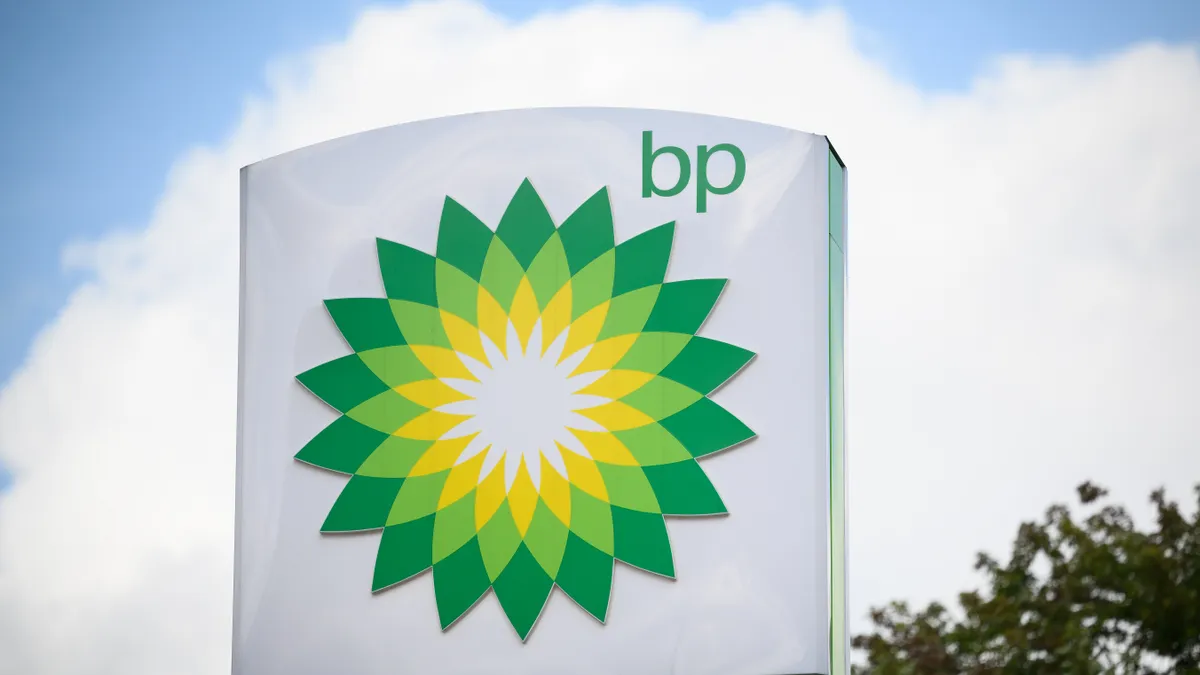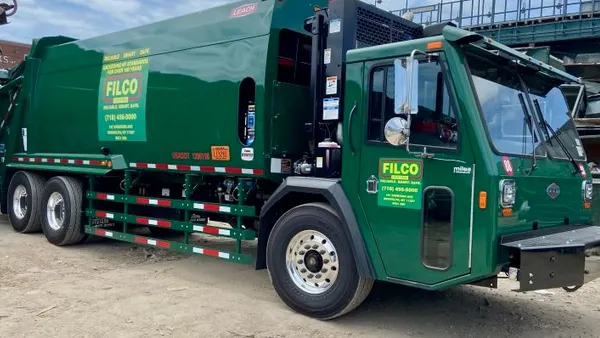BP CEO Bernard Looney described the company’s recent acquisition of Archaea as a “real game changer” for its expansion into biogas and renewable fuels during a Tuesday earnings call.
The energy giant purchased Archaea, which had quickly become the leading developer of U.S. landfill gas projects, for $4.1 billion in late December. Key Archaea leaders, including CEO Nick Stork, have now joined BP.
BP has described “bioenergy” as one of five strategic focuses for its investment in alternatives to oil and gas, a broader category that could account for 40% of capital expenditures by 2025 and 50% by 2030.
“This is a business that we are very excited about and one that we believe can deliver significant value faster than what we had thought,” said Looney.
Executives previewed an estimated 80 new landfill gas projects in the pipeline for Archaea, with a range of potential offtake options beyond transportation or heating, such as hydrogen, methanol, carbon capture and storage, and EV charging.
“We've got utilities interested in renewable natural gas because it's lower [carbon intensity],” said Carol Howle, executive vice president of trade and shipping. “So it's transportation, it's utilities. We could take it into our refineries. There are so many opportunities around it, which creates the optionality that we like in the portfolio. It gives us an opportunity to build the best markets for that to gain premiums and also to trade around those positions. So it is certainly scalable, and we see strong returns, and we see the opportunity to invest more.”
With the inclusion of Archaea’s current and future projects, BP now anticipates it could increase biogas supply volumes six-fold by 2030. This would mean expanding to 70,000 barrels of oil equivalent per day, versus 12,000 in 2022. The latter figure excludes Archaea projects.
“We're putting more money into Archaea than Archaea would have on their own. They could have probably done 20 sites a year of that 80. We'll do more quickly because we have the balance sheet to be able to lean into that investment,” said Looney, citing a 2025 target for new projects to begin generating “material” earnings. “We're going to speed up that pipeline and get those 80 sites online in the next couple of years.”











